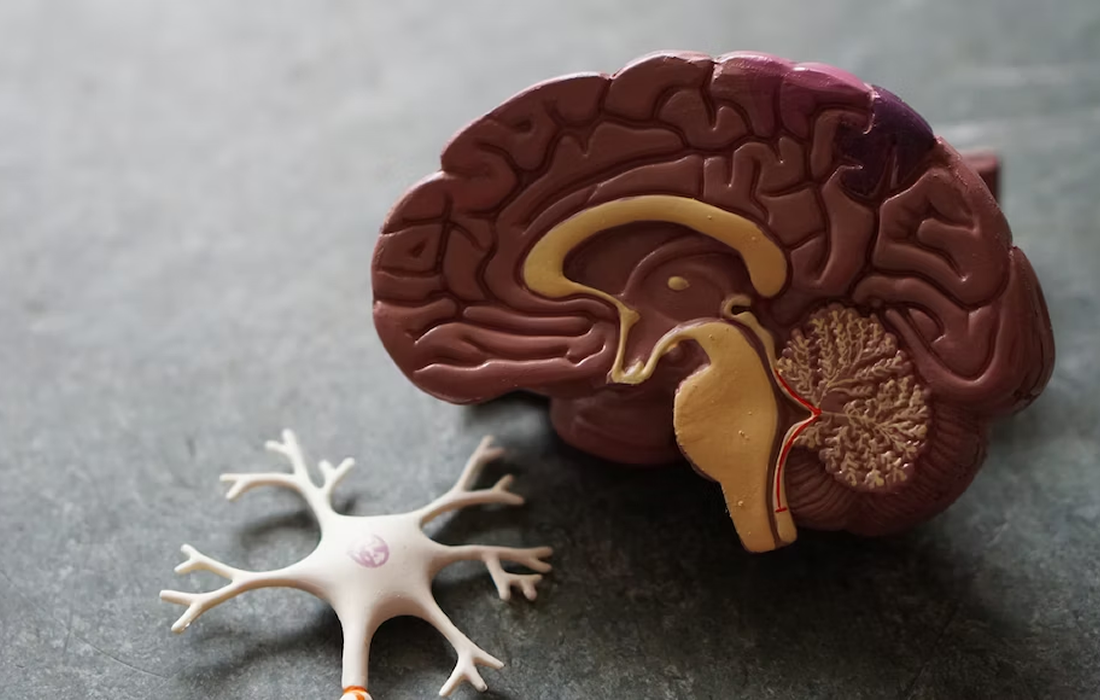Regenerative Medicine News and General Information
Study Raises Possibility of Immunotherapy Treatment for ALS
New research reveals a type of monoclonal antibody already tested in certain forms of cancer may be a promising treatment in stopping the progression of amyotrophic lateral sclerosis, or ALS, a fatal neurodegenerative disease.
The study, led by scientists at Oregon Health & Science University, published today in the Proceedings of the National Academy of Sciences.
The study, involving a mouse model and confirmed in the tissue of human brains affected by ALS and donated after death, revealed for the first time that modulating immune cells can slow the progression of the disease.
Previous research suggested a role for immune cells in ALS, but researchers this time used a high-throughput screening technique to identify a particular type of protein expressed on immune cells in the brain and spinal cord in people with ALS.
Researchers implicated the protein, known as alpha-5 integrin.
The team used a monoclonal antibody targeting a5 integrin, which had already been developed and used in treating certain forms of cancer. This means that it’s already undergone extensive safety studies to achieve approval through the Food and Drug Administration.
Using postmortem tissue from 139 brains donated for research, scientists confirmed the presence of a5 integrin within areas of the brain associated with motor function.
Specifically, they found a5 integrin expressed by microglial cells and macrophages in blood — cells associated with the immune system — to be highly pronounced in the spinal cord, motor cortex and peripheral nerves during ALS.
They then tested the monoclonal antibody targeting a5 integrin in mice genetically predisposed to carry ALS and found that it protected motor function, delayed disease progression and increased mouse survival.
Ajami, whose lab focuses on modulating the immune system to treat neurodegenerative diseases, said the study suggests the potential for applying immunotherapies to ALS as it’s already used in cancer and more recently through the use of monoclonal antibodies targeting Alzheimer’s disease.
“At this point, we cannot say it’s a cure but it’s a very interesting start,” she said. “It may be similar to what immunotherapy did for cancer or will do for Alzheimer’s by targeting immune cells.”
Sources:
Aude Chiot, Shanu F. Roemer, Lisa Ryner, Alina Bogachuk, Katie Emberley, Dillon Brownell, Gisselle A. Jimenez, Michael Leviten, Randall Woltjer, Dennis W. Dickson, Lawrence Steinman, Bahareh Ajami. Elevated α5 integrin expression on myeloid cells in motor areas in amyotrophic lateral sclerosis is a therapeutic target. Proceedings of the National Academy of Sciences, 2023; 120 (32) DOI: 10.1073/pnas.2306731120
Oregon Health & Science University. (2023, August 1). Study raises possibility of immunotherapy treatment for ALS. ScienceDaily. Retrieved August 2, 2023 from www.sciencedaily.com/releases/2023/08/230801152848.htm
Image from: https://unsplash.com/photos/IHfOpAzzjHM

